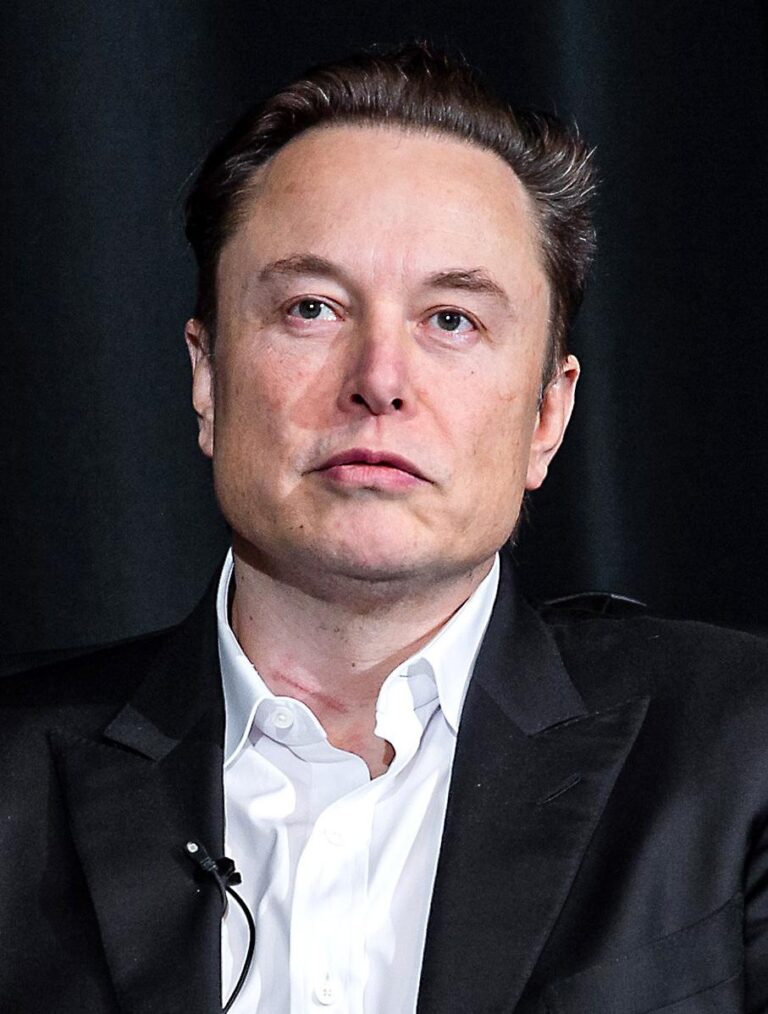Elon Musk Advocates for Military Deployment to Combat San Francisco’s Drug Epidemic
Elon Musk’s Proposal: Military Involvement to Tackle San Francisco’s Drug Crisis
Elon Musk, CEO of Tesla and SpaceX, has made a striking appeal for the federal government to send U.S. military personnel to San Francisco to address the city’s escalating drug epidemic. Highlighting the alarming rise in overdose fatalities and pervasive substance abuse, Musk argues that conventional law enforcement efforts have fallen short in managing the crisis, which has overwhelmed local healthcare and public safety systems. His call for military intervention has ignited a nationwide conversation about the appropriateness and potential consequences of deploying armed forces in urban drug enforcement.
The strategy Musk envisions involves a multi-pronged approach, including:
- Military-led operations to secure neighborhoods heavily impacted by drug trafficking and violence.
- Collaborative task forces combining military personnel, local police, and public health officials to enhance rapid response and rehabilitation efforts.
- On-site medical teams to deliver immediate addiction treatment and overdose prevention services directly within affected communities.
| Current Challenge | Military’s Proposed Role |
|---|---|
| Annual overdose deaths increasing by 30% | Utilization of advanced military surveillance technology |
| Uncontrolled drug trafficking zones | Creation of secured perimeters by deployed troops |
| Limited capacity for addiction rehabilitation | Deployment of mobile clinics and medical units |
Evaluating the Effects of Militarizing Urban Drug Enforcement
The idea of introducing military forces into city drug enforcement has generated polarized opinions among experts, officials, and community advocates. Proponents believe that military involvement could disrupt entrenched drug networks and restore order in neighborhoods plagued by narcotics-related crime. Conversely, opponents caution that such militarization risks escalating violence, infringing on civil liberties, and damaging the fragile trust between residents and law enforcement agencies.
Critical factors in this debate include:
- Allocation of resources: Diverting military assets to domestic drug enforcement may compromise national defense readiness.
- Community relations: The presence of armed troops could exacerbate tensions and reduce cooperation essential for effective policing.
- Legal and constitutional issues: Deploying military personnel in civilian settings raises complex jurisdictional and rights-based concerns.
- Long-term impact: Research indicates that militarized approaches may offer temporary suppression but fail to resolve underlying causes of drug addiction and poverty.
| Potential Impact | Likely Consequence |
|---|---|
| Increased deployment of military-grade equipment | Heightened friction between law enforcement and community members |
| Troop presence in urban neighborhoods | Possible curtailment of civil rights and freedoms |
| Surge in arrests and raids | Temporary reduction in drug availability but with social repercussions |
Community Reactions and Concerns Regarding Military Deployment
The announcement of Musk’s proposal has elicited a spectrum of responses from San Francisco’s diverse communities. Some local leaders cautiously endorse the need for decisive action to combat the worsening drug crisis, while many activists and residents express apprehension about the militarization of public spaces. Critics emphasize that such measures may alienate marginalized groups and fail to address systemic issues like homelessness, mental health, and economic disparity.
Primary concerns voiced by community stakeholders include:
- Potential breakdown of trust between citizens and law enforcement agencies
- Increased risk of violent encounters in public areas
- Insufficient focus on healthcare and addiction recovery services
- Lack of clear oversight and accountability for military operations in civilian contexts
| Stakeholder Group | Position | Primary Concern |
|---|---|---|
| Grassroots Activists | Opposed | Militarization of neighborhoods |
| Municipal Officials | Divided | Effective use of resources |
| Local Business Community | Supportive | Enhancing safety and economic stability |
| Healthcare Practitioners | Concerned | Prioritizing treatment over enforcement |
Alternative Strategies: Combating Drug Issues Without Military Involvement
Effectively addressing drug-related challenges in cities like San Francisco demands comprehensive, community-centered solutions rather than reliance on armed forces. Emphasizing grassroots programs can build trust and foster collaboration between residents and authorities. Recommended approaches include:
- Expanding access to addiction treatment and mental health care to support recovery and reduce reliance on punitive measures.
- Investing in education and workforce development to tackle socioeconomic drivers of substance abuse.
- Enhancing harm reduction initiatives such as supervised consumption facilities and needle exchange programs to mitigate health risks.
In addition, leveraging data analytics and community input can optimize resource allocation and policy effectiveness. The table below contrasts key policy areas without military involvement and their anticipated benefits:
| Policy Area | Projected Outcome |
|---|---|
| Treatment and Rehabilitation | Lower relapse rates and reduced incarceration |
| Education and Employment | Decreased poverty and fewer new drug users |
| Harm Reduction | Improved public health and fewer overdose deaths |
| Community Engagement | Stronger trust and more effective policing |
Looking Ahead: The Future of Drug Policy in San Francisco
Elon Musk’s call for military deployment in San Francisco represents a significant escalation in the ongoing battle against drug abuse. This controversial proposal has ignited vigorous debate among policymakers, law enforcement, and community members, underscoring the complexity of balancing public safety with civil rights and social welfare. As discussions unfold, the coming weeks will be pivotal in shaping the city’s approach to this multifaceted crisis. Our coverage will continue to track developments and provide in-depth analysis on this evolving issue.




